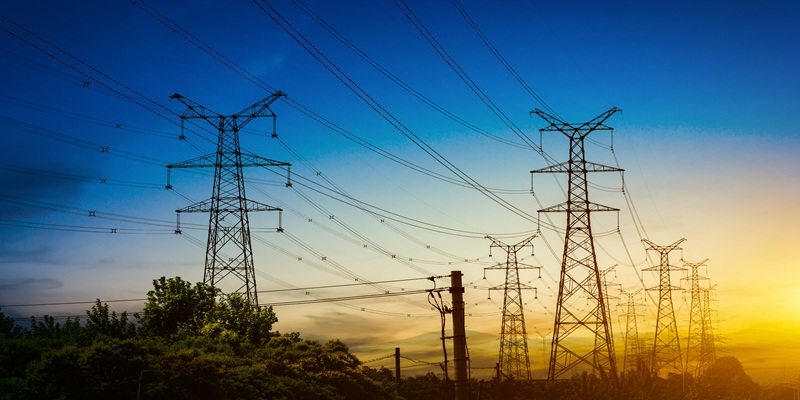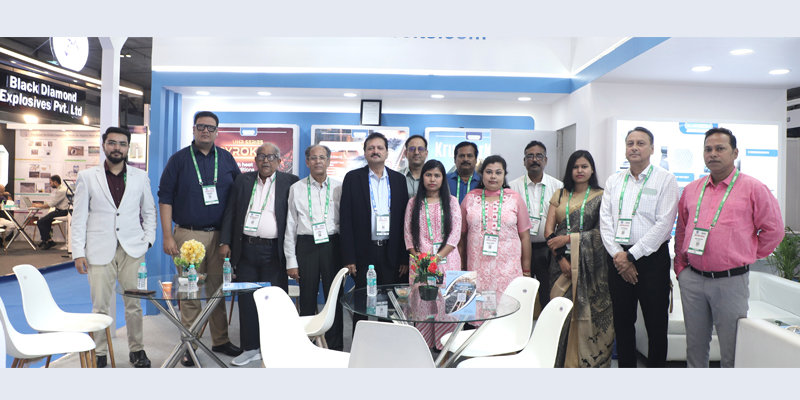Schedule a Call Back
How a dual-chamber design solves common solenoid valve limitations
 Industry News
Industry News- Nov 04,22
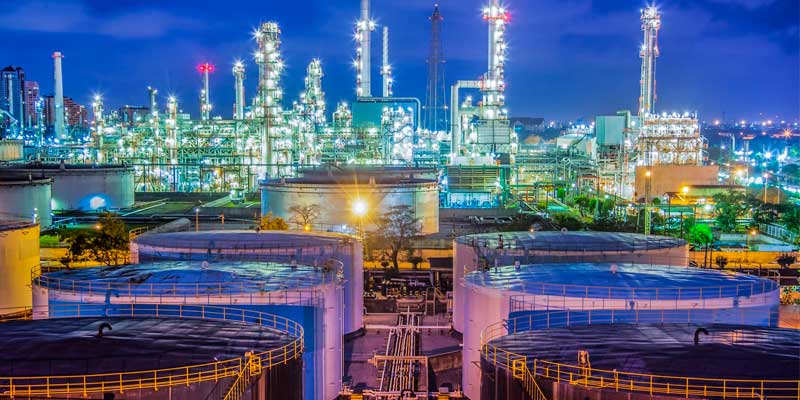
Solenoid valves have long been an effective means of fluid control, but if your valve does not operate properly, the repercussions can be serious. From production losses to safety hazards, there’s a lot riding on your solenoid valve’s reliability. Many explosion-proof solenoid valve malfunctions are caused by design or physical limitations. High power consumption, moisture ingress and corrosion are common elements that can compromise the coil. Another factor is poor installation and maintenance work on an explosion-proof solenoid valve on-site.
In order to ensure operational certainty, designers and engineers must consider reliable protection against moisture ingress, installation ease as well as power optimisation factors when selecting a solenoid valve. This article will discuss the reliability and safety risks that common solenoid valve designs pose and introduce an alternative approach that can eliminate these problems.
Risk factor 1: Moisture ingress
In many common solenoid valve designs, the coil and termination ports are housed inside a single chamber. When an operator connects the equipment wiring to the solenoid valve, they must open the chamber cover and thus expose the coil to the atmosphere. Since a significant portion of today’s explosion-proof solenoid valves operate in wet or humid environments, moisture is likely to enter the chamber. Other operating environments are subject to frequent ambient temperature changes and thermal cycling that cause “breathing phenomena” within the valve. Over a period of operating time, this will allow moisture to enter the chamber.
Moisture ingress also occurs through the narrow cavities of the wire within the coil — a condition known as the capillary effect. When a solenoid coil is energized and heated, the air inside the coil expands, causing the air to exit the coil. If the coil is deenergized and cooled, the air inside the coil contracts drawing moisture into the coil. The wiring will corrode and short-circuit the coil, leading to consequences that include:
Risk factor: Installation difficulty
Common explosion-proof solenoid enclosure designs also create problems on-site during installation. As industrial facilities prioritise smaller processes and equipment, installation spaces typically become limited. Space constraints often deprive operators of the accessibility and ergonomic freedom to safely wire and install the solenoid valve onto equipment. Operators need more flexibility during installation in order to reduce the risk of errors that can compromise the performance of the valve and the system.
For example, an improperly installed solenoid valve in a critical system or emergency shutdown application can prevent the final element from going into safe mode. This situation may cause an entire process to fall into an unsafe state, risking the well-being of both operators and plant assets.
Design concept: Effectively reduces moisture ingress and installation errors
Fortunately, engineers no longer have to accept the limitations of common solenoid valve designs. For example, Emerson is at the forefront of innovation with its ASCO JE Dual Chamber Series Solenoid Valve. This enhanced series is poised to help solve moisture ingress as well as improve installation and termination. Here’s how:
Dual-chamber design
The best way to prevent a coil from malfunctioning is to isolate it from moisture sources. The new solenoid valve design approach accomplishes this using two chambers: One chamber contains the coil, and another chamber houses the conduit area for electrical termination. This separate, dedicated chamber for the cable entry and termination means that the operator can connect the wiring to the solenoid valve without worrying about exposing the coil to the outside environment. The coil safely resides in its own chamber and the conduit chamber also ensures there is no risk of interfering with the solenoid valve’s other functions. Not only does the double-chamber approach prevent outside moisture from reaching the coil, it also prevents potential moisture from permeating the coil through the cavities of the lead wire.
Emerson’s ASCO JE 327 series with TopWorx GoSwitch solution for digital feedback to control room
It is easy to install and access. A dual-chamber design also removes the barriers that can hinder operations and maintenance, making the valve more human-centric. For example, the separate conduit chamber provides sufficient space to allow personnel to perform electrical termination work. Operators can also rotate the chambers to achieve the best orientation for their assembly requirements. The coil chamber offers 360-degree rotation, while the conduit chamber rotates 180 degrees at 90-degree intervals. This easy rotation, along with a space-optimized conduit chamber, gives operators greater freedom to make proper and safe wiring connections within tight spaces. For additional safety, a Y-shaped barrier in the conduit chamber helps prevent potential flashover caused by accidental wire crossing. Directly terminating the wiring through the conduit chamber also reduces installation time.
Other benefits that come with, the ASCO JE Dual Chamber Series Solenoid Valve includes:
The right solenoid valve partner makes a difference
Selecting a solenoid valve designed for moisture protection and installation ease is critical to your operation’s productivity and safety, so be sure to work with a trusted and experienced valve manufacturer who can guide you through the process. Additionally, having a trusted partner for all your application needs will help standardize part specifications, with ease of administrative and inventory management.
Emerson applies its proven solenoid domain expertise through its ASCO™ brand to help customers solve application challenges. Whether you require a 2/2 way, 3/2 way or 5/2 way solenoid valve, technical experts stand ready to help select the best ASCO JE Dual Chamber configuration for your requirements.
Emerson’s ASCO JE safety system solutions (with 141 series Advanced Redundant Control System -ARCS)
Improved reliability, performance and lifetime
System designers cannot risk process interruptions or safety incidents caused by solenoid valve malfunctions due to water ingress or improper installation. ASCO JE Dual Chamber Series Solenoid Valves remove the limitations associated with common explosion-proof valve designs, preventing corrosion and providing better operator access to significantly improve the reliability, performance and lifetime of the valve for greater safety and operational certainty.
About the author:
Tatsuo Ueoka is the Engineering Manager for Fluid Control & Pneumatics at Emerson Japan.
Related Stories

Honeywell, TotalEnergies Advance Industrial Autonomy with AI Control Pilot
By combining operational analytics with real-time predictive insights, the solution supports a more efficient workflow within critical refinery operations.
Read more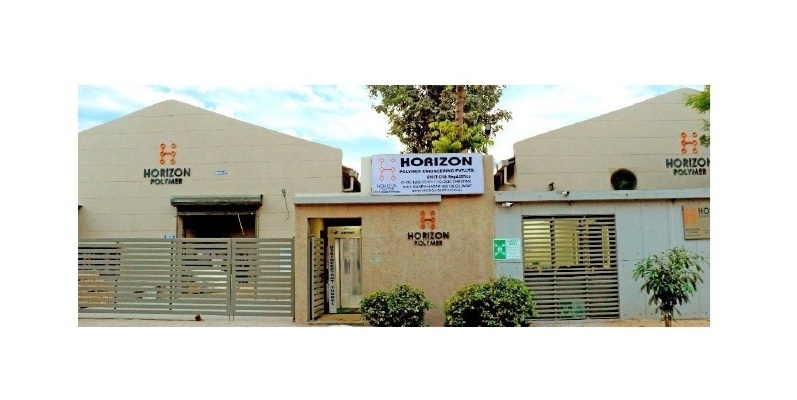
Japan’s KITZ Corp buys Horizon Polymer Engineering
The Gandhinagar based Horizon Polymer Engineering manufactures and sells fluoropolymer-lined products, such as pipes, fittings, valves, tanks and vessels, mainly for the fine chemicals market.
Read more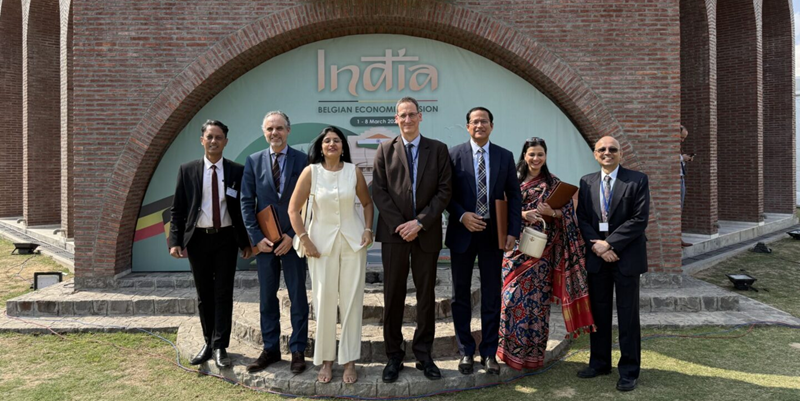
John Cockerill and Electro Pneumatics sign JV to strengthen India’s defence system
The JV will focus on manufacturing, assembling, and commissioning turrets for the Indian Army’s Indian Light Tank (I.L.T) program, a critical initiative aimed at enhancing India’s defence capabi..
Read moreRelated Products
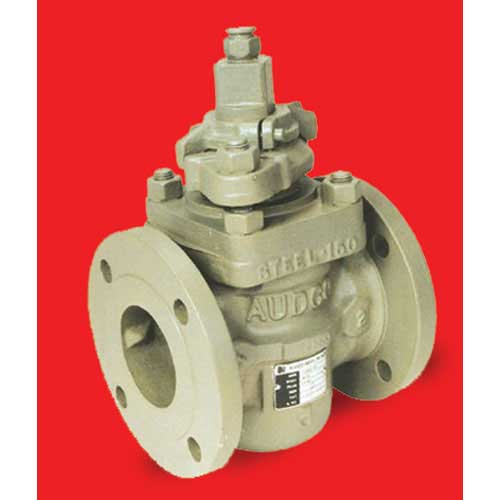
Cast Iron Plug Valve
Unitek Valves engages as a trader, wholesaler and
supplier of cast iron plug valves.
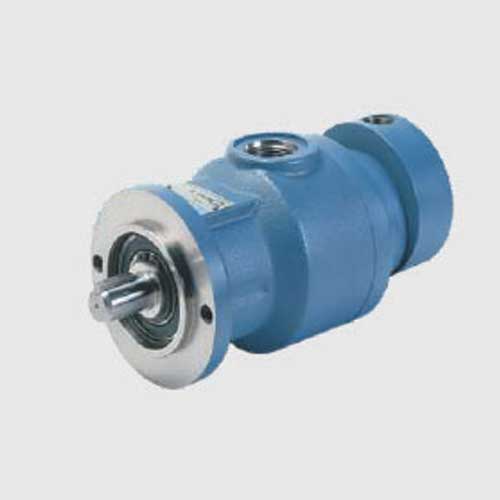
Pf Series Fixed Pump
HTM Hydraulics Pvt Ltd offers a wide range of PF Series
fixed pump.
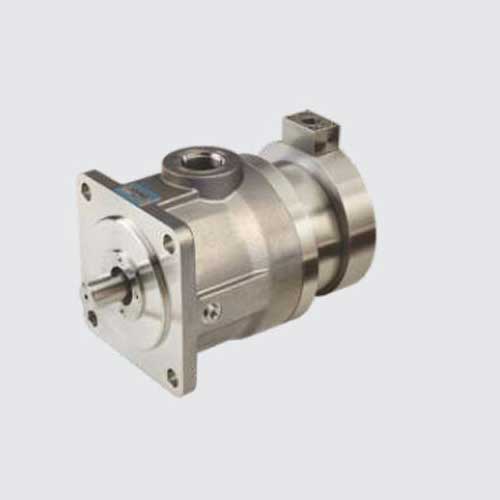
PF Series Water Bases Fluid Pump
HTM Hydraulics Pvt Ltd offers a wide range of PF series water bases fluid pump.






